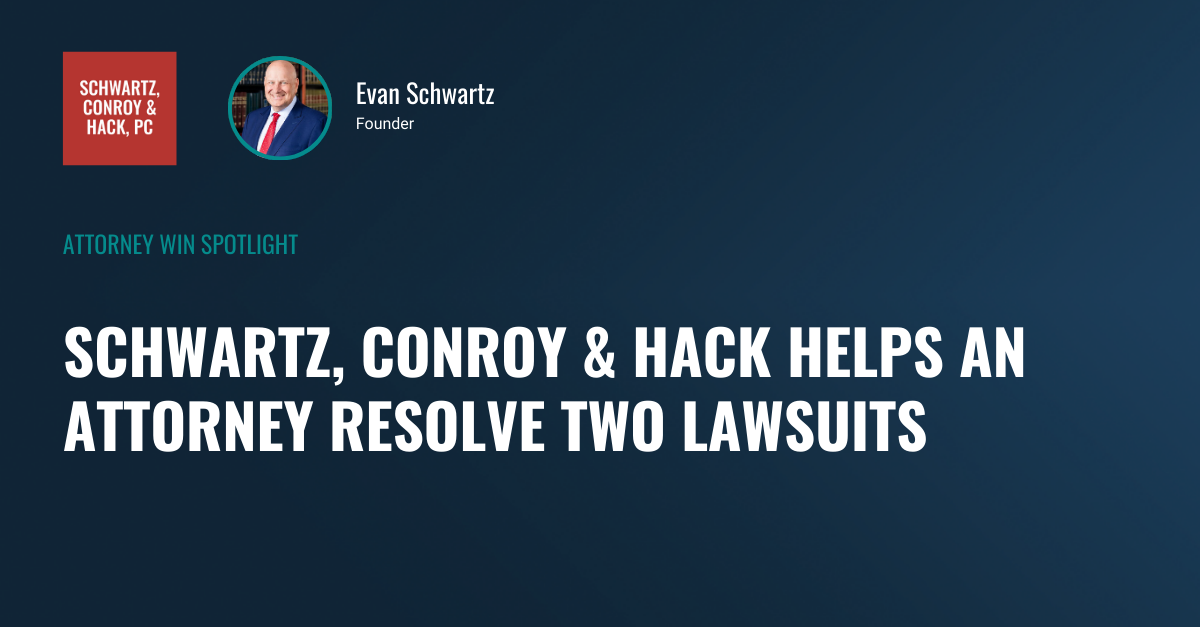A federal appeals court has ruled that if an insurance company fails to make a timely decision on an administrative appeal under ERISA, the trial court will review that case de novo, instead of the more draconian discretionary or arbitrary and capricious standard of review. We have previously blogged about how this discretionary standard of review is a nightmare in court for individuals seeking benefits.
This Court’s ruling is important for American workers. Here is why. Ordinarily, when an employee has her health, disability or life insurance benefits denied, she has to appeal the denial to the very same insurance company that denied her claim before he or she can file suit. The profit-driven insurance company that administers that worker’s health, disability or life insurance benefit will ensure that the appeal is reviewed by the most biased claims examiners, vocational specialists and medical doctors to ensure that the appeal is denied. Even worse, when that worker is finally able to bring his or her lawsuit in a federal court, the court does not decide whether that worker was entitled to her benefits. Rather, the court can only decide if the insurance company had any rational reason to deny the worker his or her benefits, even if other compelling reasons exist showing that the claim should have been paid. If an insurance company can demonstrate to the court that it relied on its goal-oriented claims examiners, physicians and vocational specialists, the court will rule in the insurance company’s favor. This is called the arbitrary and capricious/discretionary standard of review, and its application has lined the pockets of the insurance industry with billions of dollars.
In Fessenden v. Reliance Standard Life Ins. Co., _F.3d.__ (7th Cir. 2019—covering the states of Illinois, Indiana & Wisconsin), the Seventh Circuit appeals court followed the Second Circuit appeals court’s lead (covering the states of Connecticut, New York, Vermont), and ruled that an insurance company that fails to decide an administrative appeal within the time limits proscribed by Federal Department of Labor regulations loses the benefit of the arbitrary and capricious/discretionary standard of review. That means the courts get to review the claim denial under the de novo standard of review, where a federal judge actually call it like she sees it and decides whether the employee is entitled to her promised benefit. Because insurance companies rarely follow the time limits set out in the Federal Department of Labor regulation, American workers are much more likely to get a fair shake in court, on a level playing field.
The time limits within which an insurance company has to decide an administrative appeal depend on the type of claim made. If you want more information on the time limits within which an insurance company has to decide your life, health or disability claim, and your claim has been terminated or denied, please contact us.
Evan S. Schwartz
Founder of Schwartz, Conroy & Hack
833-824-5350
[email protected]


